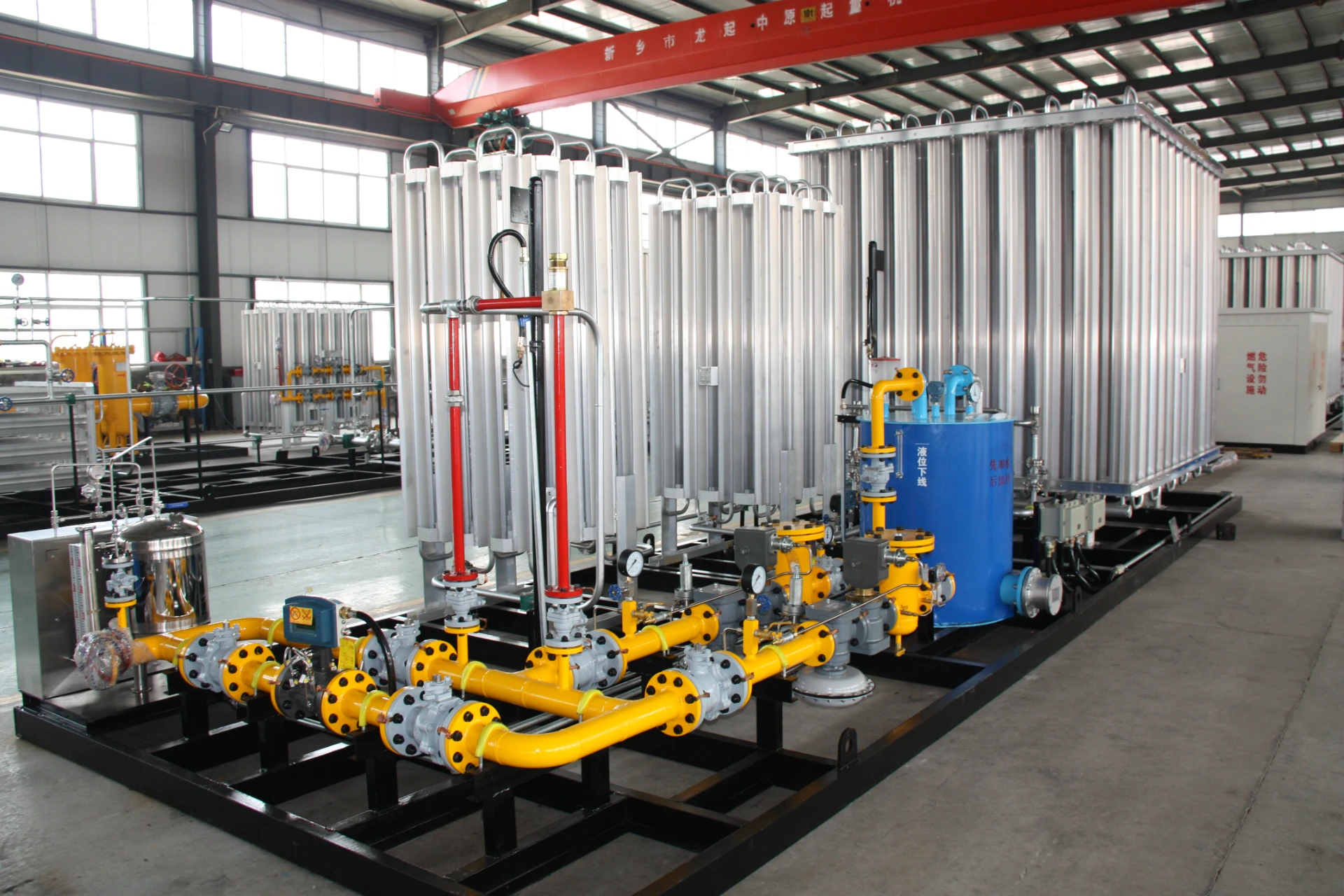
Dec . 19, 2024 07:59
Back to list
lng
Understanding LNG The Future of Energy
Liquefied Natural Gas (LNG) has emerged as a critical component in the global energy landscape. As countries seek cleaner alternatives to fossil fuels, LNG offers an advantageous solution due to its lower carbon emissions, efficiency, and versatility. This article explores the fundamentals of LNG, its applications, and its role in shaping the future of energy.
What is LNG?
Liquefied Natural Gas (LNG) is natural gas that has been cooled to a liquid state at about -162 degrees Celsius (-260 degrees Fahrenheit). This process reduces its volume by approximately 600 times, making it more efficient for storage and transportation. LNG primarily consists of methane (CH4) and must be carefully handled to prevent environmental hazards and ensure safety throughout its lifecycle.
The Production Process
The production of LNG involves several stages. First, natural gas extracted from underground reservoirs is cleaned to remove impurities, such as water, carbon dioxide, sulfur compounds, and heavy hydrocarbons. Once purified, the gas is cooled using specialized refrigeration systems until it condenses into a liquid state. The LNG is then stored in cryogenic tanks before being transported via specialized LNG carriers or used on-site for various applications.
Applications of LNG
LNG has a wide range of applications that make it a versatile fuel source. One of its primary uses is as a cleaner alternative to coal and oil in power generation. Many countries are converting their power plants to run on LNG, contributing to reduced greenhouse gas emissions and improved air quality. In transportation, LNG is increasingly being adopted as a fuel for ships and heavy-duty vehicles, providing a lower-emission alternative to diesel.
Additionally, LNG's transportation flexibility allows it to be exported to regions lacking domestic natural gas resources. Countries that do not have extensive pipeline networks can import LNG to meet their energy needs, enhancing energy security and reducing reliance on coal. Nations like Japan and South Korea heavily depend on LNG imports, making it a vital part of their energy strategy.
lng

The Environmental Impact
LNG is often touted as a bridge fuel towards a more sustainable energy system. When combusted, LNG emits significantly less carbon dioxide compared to coal and oil, making it an attractive option for countries aiming to reduce their carbon footprints. Moreover, LNG produces fewer sulfur oxides and nitrogen oxides, which contribute to air pollution and health problems.
However, it is essential to consider the entire lifecycle of LNG, including extraction, transportation, and storage. Methane, a potent greenhouse gas, can be released during these stages, potentially offsetting some of the climate benefits associated with its use. Therefore, implementing stringent regulations and monitoring systems is crucial to minimize methane leaks and ensure that LNG remains a environmentally friendly alternative.
Economic Implications
The growing demand for LNG has significant economic implications. LNG markets are becoming increasingly competitive, with emerging suppliers entering the arena. Countries such as the United States and Australia have ramped up LNG production, exporting large quantities to meet global demand. This shift creates opportunities for investment in infrastructure, including LNG terminals, pipelines, and processing facilities.
Additionally, LNG can help stabilize global energy prices. When oil prices fluctuate, LNG can act as a buffer, providing countries with a diverse energy portfolio that offers price stability. This aspect is especially important in a geopolitical context, where energy security and supply reliability are paramount.
Conclusion
As the world transitions toward cleaner energy solutions, LNG stands out as a viable option. Its lower emissions, efficiency, and versatility will be essential as nations strive for sustainability and energy independence. However, it is crucial to remain vigilant about its environmental impact, ensuring that the transition to LNG does not compromise the overall goal of a greener planet. With appropriate regulations and innovations in technology, LNG could very well play a significant role in shaping the future of energy.
Next:
Latest news
-
Safety Valve Spring-Loaded Design Overpressure ProtectionNewsJul.25,2025
-
Precision Voltage Regulator AC5 Accuracy Grade PerformanceNewsJul.25,2025
-
Natural Gas Pressure Regulating Skid Industrial Pipeline ApplicationsNewsJul.25,2025
-
Natural Gas Filter Stainless Steel Mesh Element DesignNewsJul.25,2025
-
Gas Pressure Regulator Valve Direct-Acting Spring-Loaded DesignNewsJul.25,2025
-
Decompression Equipment Multi-Stage Heat Exchange System DesignNewsJul.25,2025

